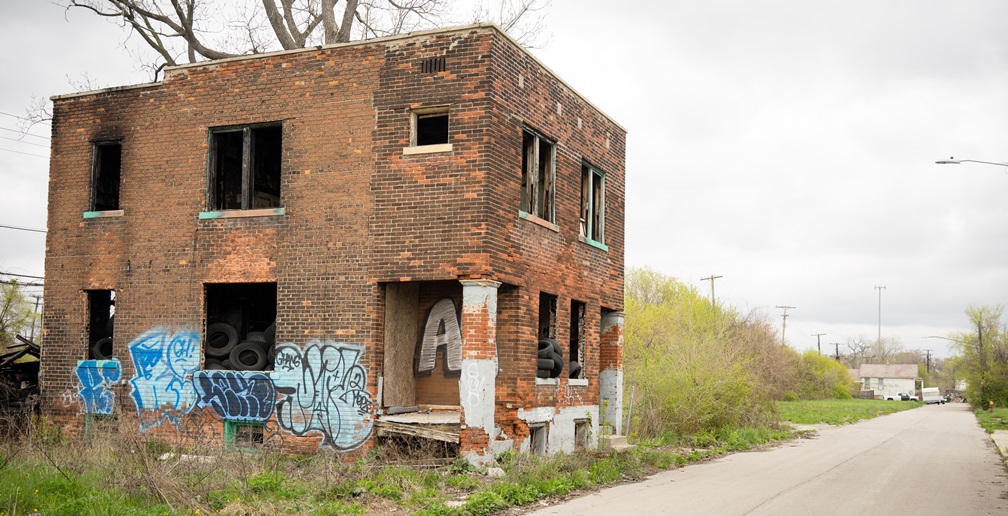In this Regional Science and Urban Economics article, Dusan Paredes of Universidad Católica del Norte in Chile and Mark Skidmore of Michigan State University analyze the costs and benefits of public investment in demolishing dilapidated residential housing in Detroit.
The authors estimate a positive net impact of demolitions on nearby property values, we also calculate a low marginal impact on local property tax collections. Under existing housing market conditions in Detroit, demolition costs exceed the present value of additional property tax revenues resulting from demolitions over 50 years. Using efficiency as the criteria for justifying spending public funds on demolition, average property values would have to increase by a factor of five to justify the demolition program.
They evaluated the time it takes for local governments to regain those costs through additional property tax collection resulting from the change in property values.
The authors used parcel-level data from the City of Detroit Assessment Division to assess the net price of demolitions, data from the 2009 Detroit Residential Survey that recorded and categorized residential parcels’ physical condition and merged data on demolitions that occurred after the survey. Some of their key findings include:
- While there is a positive net impact of demolitions on nearby property values, there is also a low marginal impact on local property tax collections.
- Under existing housing market conditions in Detroit, demolition costs exceed the present value of additional property tax revenues resulting from demolitions over 50 years.
- Average property values would have to increase by a factor of five to justify the demolition program.
Photo credit: Adobe Stock

